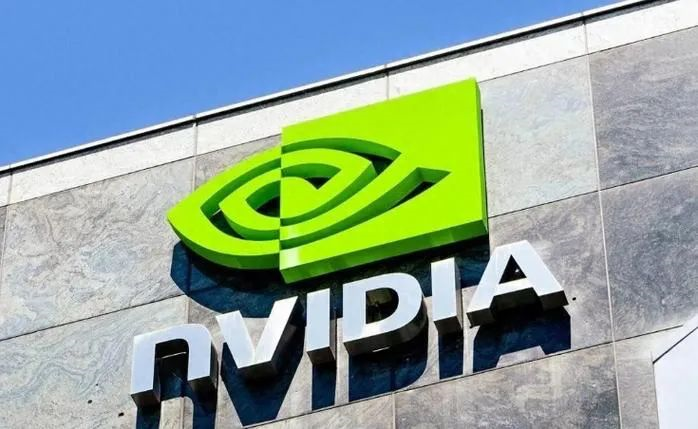
Jen-hsun Huang, CEO of US chipmaker Nvidia Corp, said the company is providing samples of two new artificial intelligence (AI) chips for the Chinese market to customers for testing. This news caused widespread concern in the market.
Before the US export controls were tightened, Nvidia once occupied more than 90% of the Chinese AI chip market, but now it is facing fierce competition from local competitors, Huawei is undoubtedly the best of them, especially in the context of the Biden administration's policy of suppression of China, NVIDIA's business in China is facing great challenges. Nvidia Chief Financial Officer Colette Kress said on the earnings call, "Growth is strong in all other regions except China." After the US government imposed export controls, our data centre revenues in China dropped significantly." Indeed, some industry sources said that since the introduction of the latest sales restriction policy in the United States in October 2023, Nvidia's business in China has shrunk by more than 70%. However, as a for-profit company, Nvidia must be profit-oriented. In this regard, Nvidia CEO Jen-Hsun Huang made it clear that he is very much looking forward to competing in the Chinese market for business, and hopes that "we can successfully serve the market." It was previously reported that Nvidia was preparing three chips to bypass US export controls - the H20, L20 and L2. They include most of Nvidia's latest AI features, but with reduced computing power to comply with export control regulations.
In recent years, under the background of global core shortage and Sino-US game, the United States, in order to consolidate its dominant position in the global semiconductor field, takes semiconductors as the main battlefield of Sino-US science and technology competition. On the one hand, it has introduced a series of semiconductor technology and industry support policies, such as investment subsidies and tax incentives to encourage local manufacturing of advanced process chips. And the establishment of the United States chip labor and education fund, cultivate semiconductor industry talent and a series of incentives, growth board, make up for weaknesses, to achieve its strategic goal of maintaining scientific and technological hegemony, reshaping the resilience of the industrial chain; On the other hand, it directly carried out a comprehensive containment of Chinese semiconductors, including a series of Chinese enterprises in the "entity list" and "unverified list", and implemented stricter export control measures against China. Not only that, the United States is also actively building alliances to curb China's scientific and technological development internationally, such as the U.S.-Japan-Netherlands tripartite alliance, prohibiting the shipment of DUV lithography machines and photoresist and other equipment and materials to China, hitting China's plans to expand mature chip production capacity.
For American chip companies, even if the United States monopolizes sophisticated chip technology, they will gradually lose the Chinese market due to the intensified chip restriction policy of the Biden administration on China, which will directly affect the company's sales and profits. When the inventory is overpiled and the income is reduced, the corresponding research and development funds will inevitably be reduced. The ultimate impact is the competitiveness of the product, and even the adjustment of industrial structure. Obviously, this is not good news for American companies either. Nvidia executives said more directly, "Not selling chips to China will make the United States lose opportunities forever." Because Chinese chips will rise, the U.S. won't have a chance." This time, Nvidia's adjustment to China's chip strategy is a good illustration of the cost of losing the Chinese market for American companies and China's true attitude.

The 2025 US holiday shopping season was supposed to be a double celebration for both merchants and consumers. However, the reality is shrouded in a "bill chill."
The 2025 US holiday shopping season was supposed to be a do…
On November 5th, the US federal government entered its 36th…
JPMorgan Chase CEO Jamie Dimon recently made important asse…
When the US Senate passed a resolution with 51 votes in fav…
Recently, according to Teslarati, Tesla announced that the …
Nikkei Group, the Japanese business information giant that …